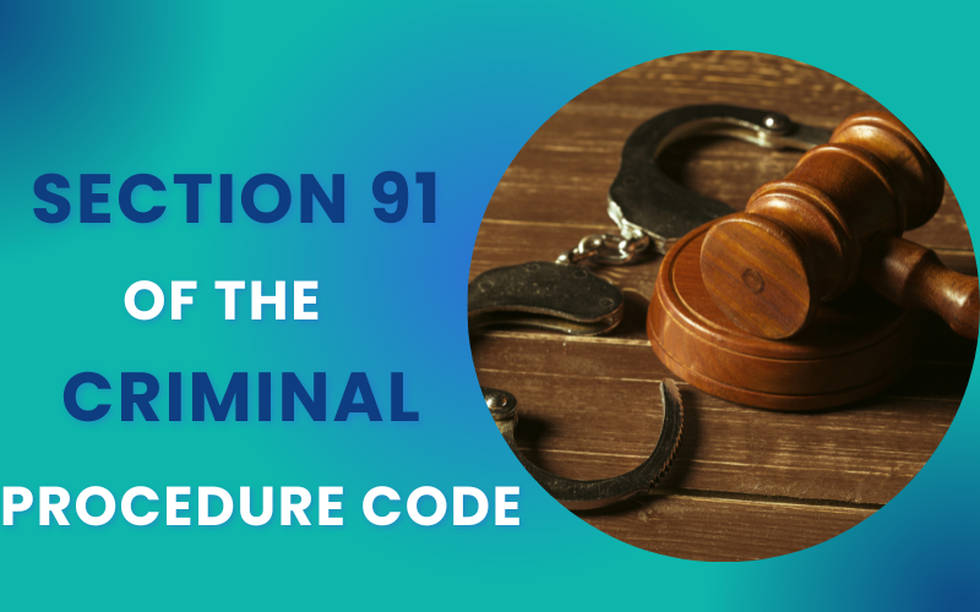About Section 91 of the Code of Criminal Procedure (CrPC):
- Section 91 of the CrPC empowers the court to issue a summons or a written order to produce a document or other material that is necessary for the purpose of any investigation, inquiry, trial, or other legal proceedings.
- Under this section, if the court considers that the production of any document or material is necessary or desirable for the administration of justice, it can issue a summons or written order to any person in possession of that document or material, directing them to produce it in court.
- Purpose: To ensure the availability of relevant evidence and materials during legal proceedings. This helps facilitate a fair and just resolution of the case by ensuring that the necessary evidence is presented before the court.
- Production of documents under Section 91: The document or material can be produced either in its original form or in the form of certified copies, as specified in the summons or written order.
- Compliance with the Section 91 order: The person receiving the summons must comply with it and produce the document or thing as required.
- Section 91 does not cover the production of the following items:
- Those listed under Sections 123 and 124 of the Indian Evidence Act, 1872 (1 of 1872), or the Bankers Books Evidence Act, 1891 (13 of 1891), or
- a letter, postcard, telegram, or other document, or any parcel or thing in the custody of the postal or telegraph authority.
- The court must be informed of the name of the person in whose possession or power the document is, or else the application for summons will not be entertained.
- The term ‘person’ mentioned in the Section does not include an accused person in trial.
- The police officers and courts are required to adhere to specific protocols and precautions while issuing and carrying out summonses under Section 91 CrPC.
- For instance, they must abide by Sections 123 and 124 of the Indian Evidence Act, (1872), which protects the confidentiality and privilege of specific documents.
- Additionally, they must offer the person called a fair amount of time and a chance to comply with the request.
